Essay Competition
The essay competition is open to all secondary school students and members of the public. Winning entries will be published in an essay compilation book and distributed to all participating schools.
On this page
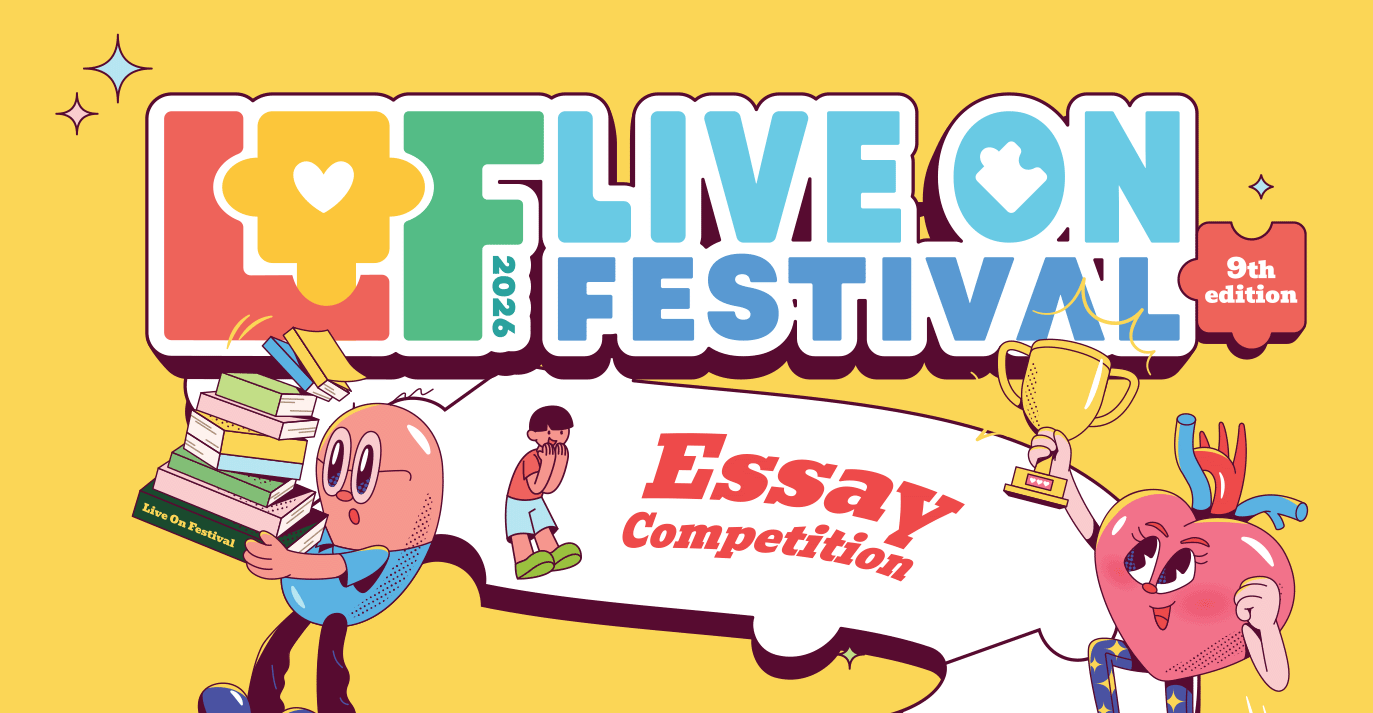
The Live On Festival is a great way to explore organ donation through writing! Remember to submit your entries by 29 May 2026. Can't wait to read what you've got!— The Hype Leader

Submit your work for Live On Festival now!
Submission of entries signifies your acceptance of the terms and conditions listed in this page.
Categories
Essay Competition Categories (School and Open)
School Category1 | Open Category |
|---|---|
Junior Senior 1Including institutions offering Integrated Programme (Years 1 to 4 only) | Anyone age 13 and above* *Students classified under the School Category can choose topics under the Open category and will compete with other Open participants. |
Essay Topics (School Junior (Sec 1 - 2))
Each submitted entry should be focused on one of the topics below.
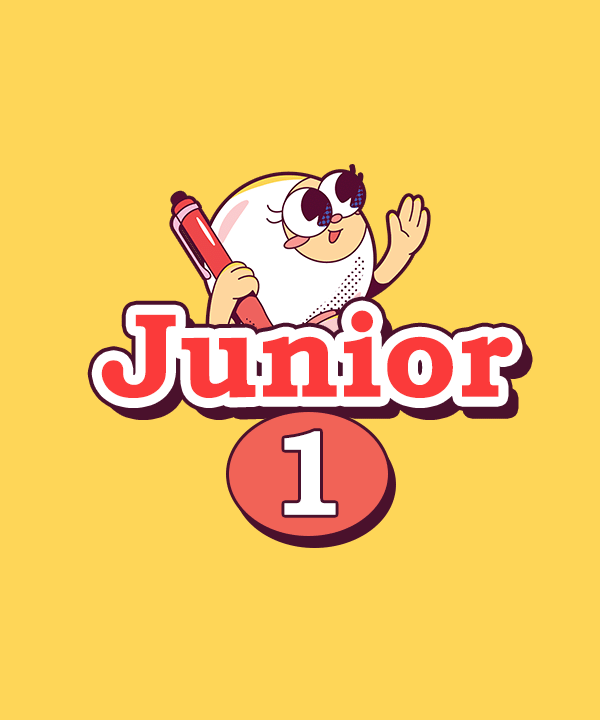
Topic 1
Word Limit: 750 words
Imagine you are an organ transplanted from someone who had passed away into a new person. From the perspective of the organ, describe your journey from the donor to recipient.
What did you feel, think and witness along this journey?
What were your fears, hopes and dreams?
Some helpful pointers:
Try and focus on the journey of one organ.
Read stories on organ donors and recipients to gain some insights of their journey.
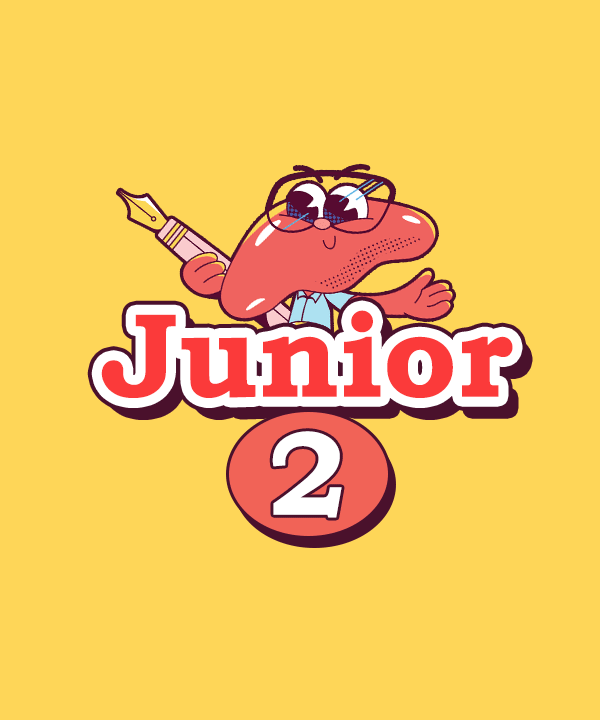
Topic 2
Word Limit: 500 words
Your close friend, who had been born with a heart disease, recently received a heart transplant. While visiting her at the hospital, your friend expressed her desire to do something to honour the deceased donor and his family. You agreed to plan it together with her.
Write an email to your friend, stating clearly:
The impact of her heart transplant to you as her close friend.
The idea(s) that you have and how they honour the deceased donor and his family.
The resources needed (if any), and who else would be motivated to participate.
Some Key Pointers:
You may add any other details you think will be helpful.
Write you email in clear, accurate English.
You should use your own words as much as possible.
Essay Topics (School Senior (Sec 3 - 5))
Each submitted entry should be focused on one of the topics below.
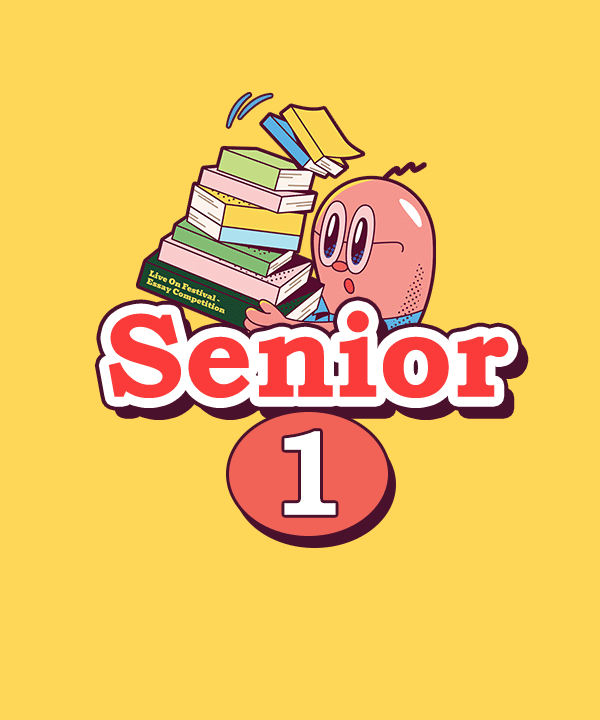
Topic 1
Word Limit: 1500 words
‘Conversations about death are necessary to encourage organ donation’. How far would you agree?
Some helpful pointers:
Research on the subjects discussed first.
What is involved in organ donation?
What are conversations about death?
Decide on your stance and write down the points you will be discussing.
Do not just state the points supporting your stance. Make sure to explain why.
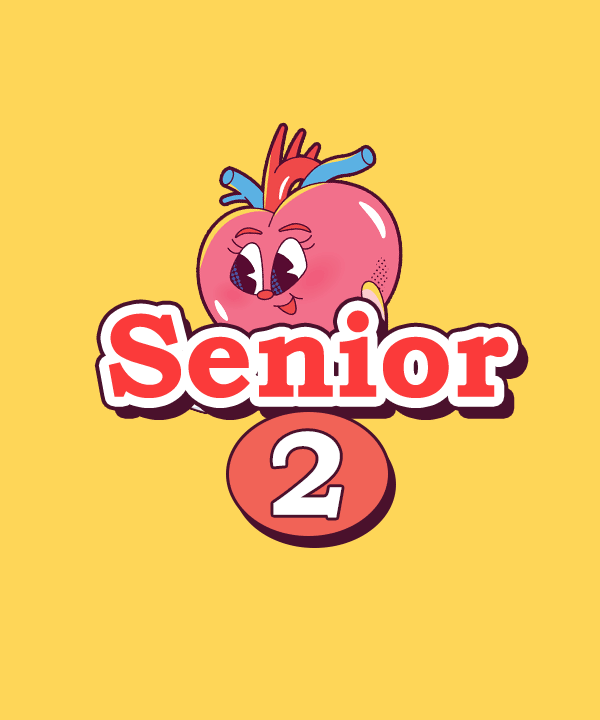
Topic 2
Word Limit: 1000 words
After learning about the benefits of organ donation, your classmate decided that he needed to discuss about the topic with his parents. While his parents agree that organ donation is a good deed, they were unsure whether they should pledge under MTERA or to just remain under HOTA. He believes that the right way is to pledge under MTERA. He asks for your thoughts on it, and on how he should talk to his parents about it.
Write an email to your classmate, stating clearly:
The difference in intent between pledging under MTERA and remaining under HOTA.
Considerations and reservations that your friend and his family may have.
The potential myths that need to be clarified.
Pitfalls to watch out for in order to be respectful to his parents.
Some helpful pointers:
You may add any other details you think will be helpful.
Write you email in clear, accurate English.
Your tone should be polite and persuasive.
You should use your own words as much as possible.
Essay Topics (Open)
Each submitted entry should be focused on one of the topics below.
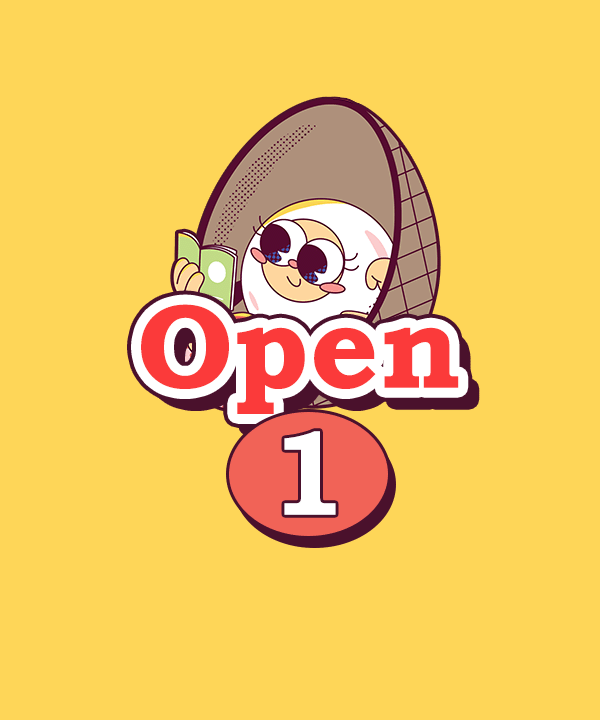
Topic 1
Word Limit: 1500 words
‘Society’s attitude towards organ donation reveals more about its fears than its hopes’. Discuss.
Some helpful pointers:
Research on the subjects discussed first.
What is involved in organ donation?
What are society's attitudes towards organ donation?
Decide on your stance and write down the points you will be discussing.
Do not just state the points supporting your stance. Make sure to explain why.
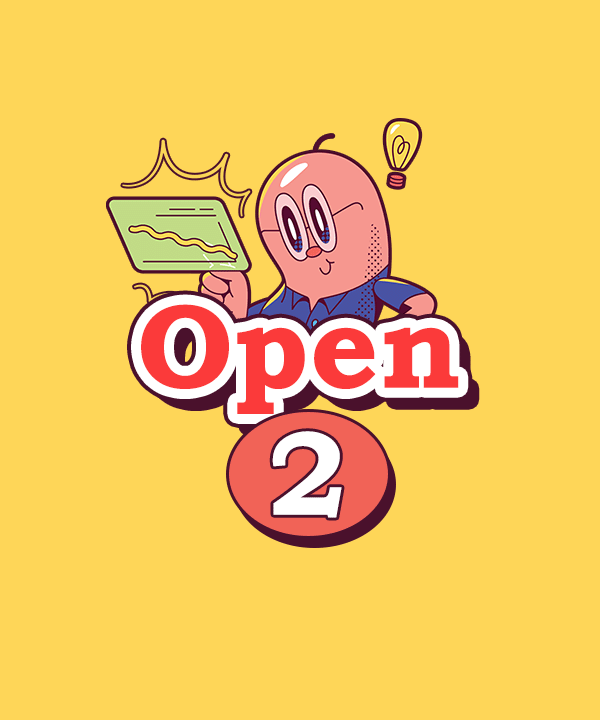
Topic 2
Word Limit: 1500 words
In some countries, family members often bring up the patient’s intent on organ donation to the doctors as part of end-of-life care. Is this a utopian dream for Singapore or an impossible fallacy?
Some helpful pointers:
Research on the subjects discussed first.
What is end-of-life care?
Why do families bring up a patient's intent on organ donation?
How does this differ in other countries and why is there a difference (if any)?
Decide on your stance and write down the points you will be discussing.
Do not just state the points supporting your stance. Make sure to explain why.
Still need help conceptualising? Try using AI for ideas! However, make sure it is only to help kickstart your journey. You wouldn't want your work to reflect the views of a machine right?— The Innovator

Not sure if your idea/concept fits the requirements?
Tell us your question in the link below and we will answer them periodically on our Instagram (@liveonsg).
Judging Criteria
Essays will be evaluated based on the following criteria.
Relevance
How closely your essay matches up to the chosen topic.
Creativity
Your ability to think out of the box; to present unique ideas effectively and to do things nobody else has done before!
Language
How well you are able to use varied words and sentences that are appropriate.
The best essays do not always use up the maximum word count. Be concise!— The Guru

Prizes
All participants will receive a Certificate of Participation.

1st Prize
$500 Capitaland Voucher

2nd Prize
$350 Capitaland Voucher

3rd Prize
$200 Capitaland Voucher

A total of 53 prizes will be awarded!
All participants will receive a Certificate of Participation.
Psst! Here's a tip but don't tell anyone! A creative and unique essay will stand out more among the thousands of entries!— The Chill Buddy

Important Submission Information
Read this first!
This competition is open to Singapore residents (Singapore Citizens, Permanent Residents, and residents with work permit / employment pass / student pass).
All essays should be typewritten and submitted in word document with the following formatting: Arial font type, font size of 12 with 1.5 spacing with clear paragraphing.
The maximum word count (excluding title, references and footnotes) for the essays are as follows:
Maximum word count for each category
Type of writing | Category | Maximum word count limit |
|---|---|---|
Continuous Writing | Junior | 750 |
Senior & Open | 1500 | |
Situational Writing | Junior | 500 |
Senior | 1000 |
The essay submitted must be original work. All essays must not have been published or awarded by other organisations or other competitions. Essays must not be plagiarised from other sources. Use of Artificial Intelligence (AI) tools are permissible for conceptualisation purposes only and the final entry submitted should not be generated by AI. Essays may be submitted to Turnitin and other AI-detection tools for plagiarism check.
There is no limit to the number of essays submitted, but each participant is only entitled to one prize.
Participants may work on their essay in groups, but each winning essay will only receive one prize.
To ensure that the entries submitted are received successfully, each essay submitted should be named in the following format:
e.g: Junior_1_ABC Secondary School_XYZ.png
[Category]_[Topic]_[Full School Name – where applicable]_[Participant Full name] |
|---|
For school based submission (Junior / Senior / Open Category)
An application form is required for each artwork submitted and may be accessed the online form. Teachers may also opt for group submission of the application details through the consolidated application form [XLSX, 20 KB].
The teacher-in-charge can arrange for group submission of essays and application form(s) by contacting NOTU at liveonlivetwice@notu.com.sg. The essays can be submitted through a compressed zip folder or uploaded through a weblink (such as WeTransfer or Google Drive – access would need to be granted to liveonlivetwice@notu.com.sg).
For individual submission (Junior / Senior / Open Category)
All individual submissions are to be submitted through the online form in a word document format.
Terms and Conditions
Definitions
The Organiser refers to the National Organ Transplant Unit (NOTU), Ministry of Health, Singapore.
Competition period refers to the period at which the competition is held, i.e. from 1 Jan 2026 0000hrs to 29 May 2026 2359hrs.
Topics refer to the LOF 2026 Essay Competition Topics, as specified in Essay Topics.
Eligible Participants refer to Singapore Residents (Singapore Citizens, Permanent Residents, and residents with valid work permit / employment pass / student pass), who are 13 years old or above in the year of competition (i.e. 2026).
Online Portal refers to the online form for submission of entries.
Eligibility and Submission Procedure
This competition is open to Eligible Participants only. Entries submitted by non-eligible participants will be automatically disqualified. All Eligible Participants are hereon referred to as “Participants”.
Participants will be assigned to categories based on the following criteria:
School Category
Junior: Secondary 1 and 2 students enrolled in MOE mainstream secondary schools (including schools offering Integrated Programme, Year 1 – 2 only) or MOE Special Education schools only.
Senior: Secondary 3 and 5 students enrolled in MOE mainstream secondary schools (including schools offering Integrated Programme, Year 3 – 4 only) or MOE Special Education schools.
Open Category: Participants who do not fall into the School category.
Participants are assigned to the School Category by virtue of their enrollment.
The teacher-in-charge shall act as a point of contact between the Organiser and the participant. They should not be doing any substantial work on behalf of the students, but is allowed to brainstorm with, advise or guide students on the essay direction. They should ensure that the essays are produced by the students themselves and to the best of their ability.
Students may choose to participate in the competition on their own. While a teacher-in-charge is not mandatory for participation, students are encouraged to notify their respective English / Co-Curricular Activity and/or Form Teacher of their participation. This is to facilitate communication on matters such as award notifications, and attendance at Awards Ceremony, where necessary.
Participants may submit multiple entries. Each entry requires a new, separate submission.
The closing date for the submission is 29 May 2026 (Friday), 2359 hours. All entries submitted will be acknowledged accordingly through your respective teacher-in-charge or FormSG auto-generated reply. Late entries will not be accepted. The Organiser is not responsible for entries that are lost, late, incomplete, corrupted, misdirected, or cannot be delivered / entered (due to technical issues or otherwise) into the competition.
For direct submissions through the Online Portal, an acknowledgement screen will be shown for all successful FormSG submissions. Participants are encouraged to keep a copy of the auto-generated acknowledgement email from FormSG as proof of submission. Direct submissions through alternative channels (including email) will not be accepted.
For school-based group submission, the teacher-in-charge can arrange for group submission of entries at liveonlivetwice@notu.com.sg. Please contact the Organiser at 6321 3649 or 6326 5878 if you do not receive an acknowledgement within three working days.
By submitting an entry, participants give the Organiser the right to contact you regarding your essay, and the right to mention your name, age, school and/or photograph, for the sole purpose of identifying you as the author of the essay and/or winner of the competition.
Essay must be an original creation
Essay(s) must be created specifically for the Live On Festival and completed during the Competition Period. By submitting an entry, participants declare that they are the author and rightful owner of all rights (including intellectual property, copyright, etc.) of the submitted essay, and that it has not been published or submitted for other purposes.
Participants must ensure that there is no plagiarism or violation of copyrighted work. To the extent permitted by Singapore Laws, Regulations and other Government Gazetted documents, participants may reference existing published materials solely for inspiration or research purposes. However, such sources must be appropriately acknowledged in writing as part of the submission. Copying or reproducing content from existing works, including paraphrasing with minimal changes is strictly prohibited and will result in disqualification.
The use of AI-generated text to produce, rewrite or substantially contribute to the essay is not allowed. The use of generative AI tools is permissible for conceptualisation purposes only. Submissions that are found to rely predominantly on AI-generated content will result in disqualification.
The Organiser reserves the right to screen essays for plagiarism and AI-generated content to ensure compliance with originality requirements.
The participant shall be liable and provide compensation in the event of any action, claim or proceedings brought against the Organiser by a third-party as a result of infringement of existing copyright caused by the participant in participation to the competition.
Essay Requirements
Essay must be related to one of the Topics, within the relevant category, with a focus on organ donation and / or transplantation. The essay must be written in English.
Essay should be typewritten and submitted in word document. Participants should adhere to the prescribed word count limit for their category. Refer to the important submission guidelines for the format requirements.
Essay submitted must comply with Singapore laws and regulations and adhere to principles of social morality and good order. Essay must not contain any element that is deemed indecent, blasphemous, libelous, offensive, pornographic, politically insensitive, or otherwise, unlawful or depict any inappropriate activity. The Organiser reserves the rights to reject any entry that is deemed to be inappropriate.
Entries must not have been published, previously submitted for other competitions or accepted for broadcast through any media (including but not limited to print, web/internet, television, or social media posts which are made private or publicly viewable).
Entries must not be concurrently submitted for other competitions, distributed, broadcasted or otherwise made public, until the results of this competition are officially announced.
Rights to your essay
You reserve the rights to your essay. However, by entering the competition, you grant the Organiser the right to use your entry, in full or in partiality, to advertise, publicise or otherwise communicate, through various media of its choosing, including, but not limited to, online and offline publications, social media, television, public screenings and any other electronic media, but not limited to the Internet, or other purposes in a manner it deems fit to showcase LOF, organ donation and transplantation.
The Organiser reserves the right to publicise the essays in this competition on its media channels and/or other public-facing programmes, events or platforms for communications and outreach purposes beyond LOF. Credit will be given to the participant as the author of the essay, unless it is impractical to do so (e.g. use in small-format collaterals).
You may choose to revoke the rights to your essay by writing to the Organiser and by providing at least two months’ notice. Revocation of rights will result in immediate disqualification of the entry. If the revocation occurs after the awarding of entries, qualifications will be cancelled, and the prize must be returned to the Organiser in its original state and packaging. The participant may be liable for any corrective works, monetary or otherwise, which may be incurred as a result.
Grounds for disqualifications
The Organiser may request for additional documents or proof to verify your eligibility to participate in the competition. Failure to provide such proof within 3 working days will result in immediate disqualification of entry.
In the case of plagiarism, copyright infringement or exceeding the prescribed word count limit for the Topic within the participant’s category, the entry will be disqualified.
For winning entries, qualifications will be cancelled, and the prize must be returned to the Organiser. In the case of late discovery of copyright infringement where the winning entry has been published, the participant shall pay the Organiser any damages, monetary or otherwise, which may be incurred as a result.
In the event that a selected winner is disqualified from Live On Festival 2026, the Organiser, at its sole discretion, may decide whether a replacement winner should be selected. In this event, any further winners will be selected based on the same criteria as set out in the judging criteria and Terms and Conditions. the Organiser can repeat this process any number of times until it has selected a winner in accordance with the Terms and Conditions.
Judging and Awards
Every participant will receive a certificate of participation.
Each participant is entitled to only one prize. In the event the same participant is associated with more than one winning entry, only the highest-ranked entry will be awarded.
The judges’ decision is final. Appeals will not be entertained. The Organiser will not be held liaible to provide a reply to any appeals regarding judging outcome.
Winners from the School Category will be informed by the teacher-in-charge (where applicable) by 31 July 2026. All other winners will be contacted as per the contact details provided in the application. Winners who are uncontactable within this period or fail to respond after three attempts to contact, will have been deemed to have made an incomplete submission and the Organiser reserves the right to select a replacement winner, forfeit the prize or to donate the prize to charity.
A photograph of the winner may be requested for release on the Organiser’s webpage, published collaterals, roadshows and exhibitions nationwide.
Winners are required to attend an awards ceremony, scheduled to be held on one of the Saturdays in August 2026 (tentative). Winners are required to nominate a proxy to attend the awards ceremony if they are unable to do so.
Prizes are not transferable or exchangeable for cash. The Organiser accepts no responsibility for any tax or other liability that may arise from the prize winnings. Prizes are subject to availability and the Organiser reserves the right to substitute the prizes with another item of a similar value without prior notice.
All Rights Reserved
The terms and conditions are always at the sole discretion of the Organiser.
The Organiser does not assume any liability for any unlawful or unlawfully produced entry.
The Organiser reserves the right in its sole discretion, to cancel, terminate, modify or suspend the competition.
The Organiser reserves the right in its sole discretion, to amend these terms and conditions of the competition at any time without prior notice.
Submission of entries signify your acceptance of the terms and conditions listed herein.
.png)